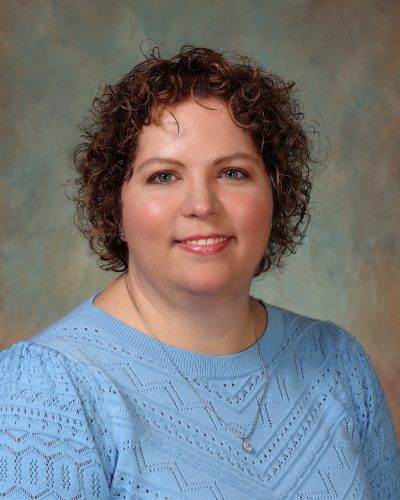
Dr. Jackie Wittke-Thompson had two articles published in notable journals in the biology education community. She is a member of FlyCURE and the Genomics Education Partnership.
“FlyCURE is a group of geneticists from across the USA that are working to locate specific mutations that were created in the fruit fly by Dr. Jacob Kagey (PI). All the research work is done by undergraduate students under the supervision of a faculty member. USF students in my BIOL151 Beginning Investigative Experiences in Biology and BIOL255 Genetics courses have been part of this project,” she explained.
“The Genomics Education Partnership is a group of geneticists, bioinformaticists, biochemists, and more that are working together to annotate genes in different eukaryotic organisms (such as fruit fly, parasitoid wasps, and the Puerto Rican parrot). All the work is done by undergraduate students under the supervision of a faculty member. USF students in BIOL255 Genetics, BIOL322 Molecular Biology, and BIOL375/376 Advanced Investigative Experiences in Biology have been part of this project.”
Both publications are focused on the impact of these course-based undergraduate research experiences (CUREs) on undergraduate students.
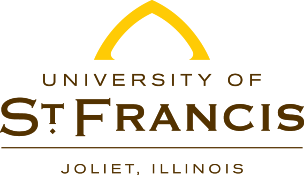
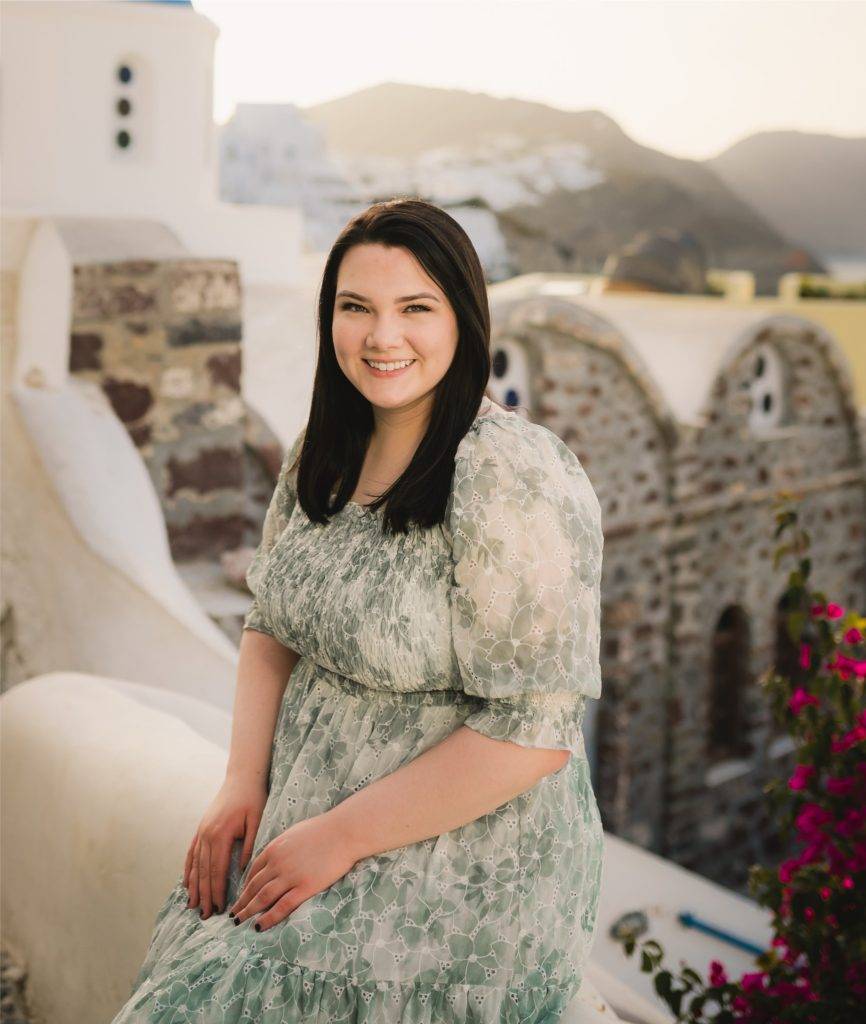
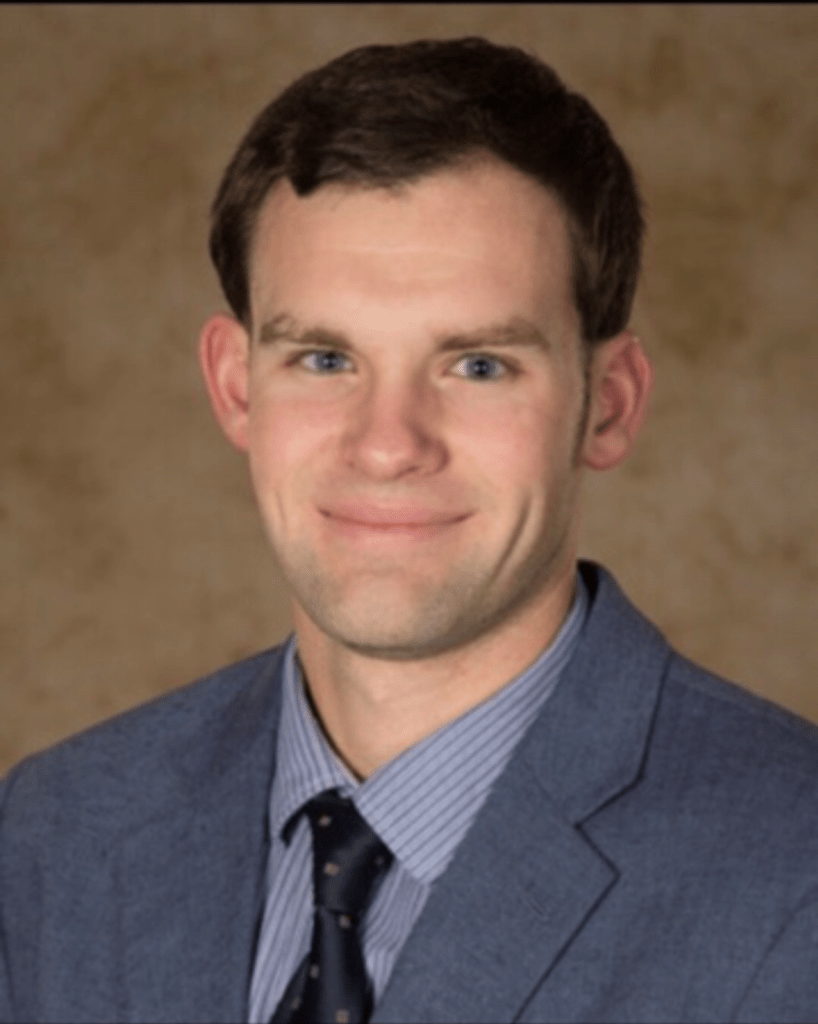
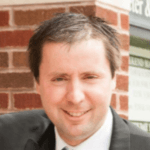 Visiting professor Dan Knapp, Ph.D., LSW, USF’s Bachelor of Social Work program director, was recently interviewed recently by an online social work resource called “MSW Online.” Read his expert advice about pursuing a BSW (and consider USF for yours!)
Visiting professor Dan Knapp, Ph.D., LSW, USF’s Bachelor of Social Work program director, was recently interviewed recently by an online social work resource called “MSW Online.” Read his expert advice about pursuing a BSW (and consider USF for yours!)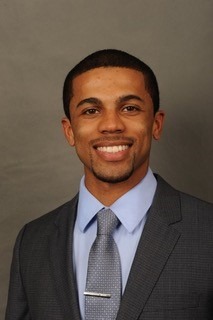 Political Science alumnus Tevin Hopkins is making a name for himself as an associate attorney in Chicago. Below he answers a few questions about his professional journey and how life at USF prepared him for it.
Political Science alumnus Tevin Hopkins is making a name for himself as an associate attorney in Chicago. Below he answers a few questions about his professional journey and how life at USF prepared him for it. 
